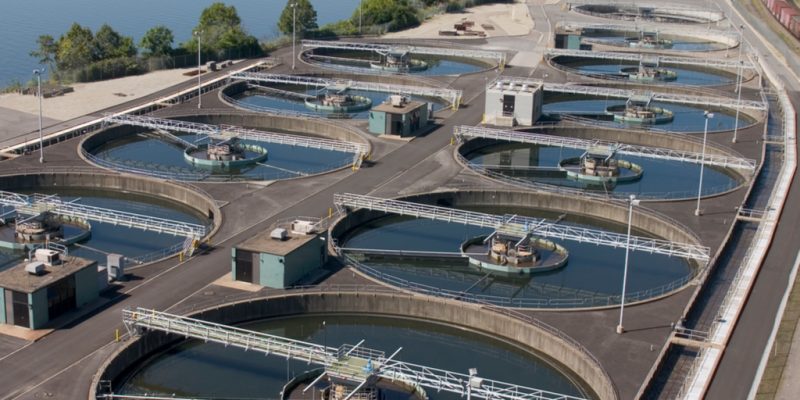Tunisia will rehabilitate 10 wastewater treatment plants. The project, which is part of the Mediterranean Sea Programme (MedProgramme), targets plants that are either saturated or close to saturation. The aim is to prevent pollution of the Mediterranean by sewage.
A major project for the rehabilitation of wastewater treatment plants will be carried out in Tunisia. It concerns 10 waste-water treatment plants located in several towns in the country, including Bouargoub, El Kef, Teboursouk, Jammels, Sbeitla, Medenine, Tozeur, Kebili, El Hamma and Tataouine. The project is being implemented within the framework of the Mediterranean Sea Programme (MedProgramme) launched on June 24, 2020 in 10 countries (Tunisia, Albania, Algeria, Bosnia and Herzegovina, Egypt, Lebanon, Libya, Morocco, Montenegro and Turkey), thanks to a $43 million grant (about 121 million Tunisian dinars) from the Global Environment Facility (GEF).
The Medprogramme is supported by the European Bank for Reconstruction and Development (EBRD) and the European Investment Bank (EIB), through co-financing of $700 million in the form of loans to countries and public and private entities. The programme will, inter alia, reduce key environmental stressors, enhance climate resilience and water security and improve the well-being and support of coastal populations in the Mediterranean region. The official launch of the Tunisian part of the Medprogramme is scheduled for July 2020.
Details of the project to modernise the 10 wastewater treatment plants
The wastewater treatment plants that will be renovated are those that are saturated or close to saturation. “It is important to ensure that each plant has sufficient capacity to treat all urban, rural and industrial effluents until 2045,” says Lorenzo Paolo Galbiati, head of the Mediterranean Action Plan of the United Nations Environment Programme (UNEP).
In addition to the rehabilitation of 10 water treatment plants, the Medprogramme also aims to assess the mercury contamination of soil in the city of Kasserine, in central-western Tunisia, and to identify priority actions to remediate metallic mercury containers in former electrolytic cells and propose a global management plan for the contaminated site. The programme also includes the preparation of a national inventory plan for persistent organic pollutants (POPs), in collaboration with the ministries concerned, and the identification of concrete actions for the sustainable management of the coastal aquifer of Djebel Ras in the governorate of Bizerte in Tunisia.
Inès Magoum







